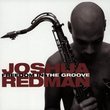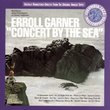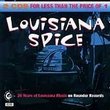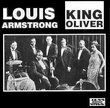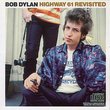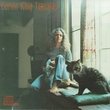| All Artists: Charlie Parker Title: Bird: The Original Recordings of Charlie Parker Members Wishing: 0 Total Copies: 1 Label: Polygram Records Original Release Date: 9/19/1988 Re-Release Date: 10/25/1990 Genres: Jazz, Pop Styles: Swing Jazz, Bebop Number of Discs: 1 SwapaCD Credits: 1 UPCs: 042283717626, 042283717619, 042283717640, 082333101128 |
Search - Charlie Parker :: Bird: The Original Recordings of Charlie Parker
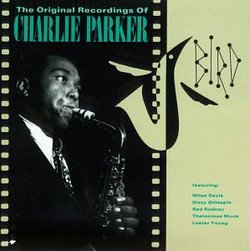 | Charlie Parker Bird: The Original Recordings of Charlie Parker Genres: Jazz, Pop
![header=[] body=[This CD is available to be requested as disc only.]](/images/attributes/disc.png?v=a4e11020) ![header=[] body=[This CD is available to be requested with the disc and back insert.]](/images/attributes/disc_back.png?v=a4e11020) ![header=[] body=[This CD is available to be requested with the disc and front insert.]](/images/attributes/disc_front.png?v=a4e11020) ![header=[] body=[This CD is available to be requested with the disc, front and back inserts.]](/images/attributes/disc_front_back.png?v=a4e11020) |
Larger Image |
CD DetailsSimilarly Requested CDs
|
CD ReviewsSuperb Introduction To Parker As Bandleader, Player, Writer Anthony G Pizza | FL | 01/12/2001 (5 out of 5 stars) "Charlie Parker died just before the LP became the dominant artistic as well as commercial platform to hear music. His catalogue thus lacks the evergreen, career-preserving document "Kind of Blue" has been for Miles Davis or the Songbook series has been for Ella Fitzgerald. Parker's prolific career is well-represented (an informal count has more than 100 CDs in print), but consists more of lovingly gathered label collections and at times incendiary live jam session collections from years on Verve, Dial, and Savoy Records."Bird" is a spectacular introduction to this jazz legend given the framework. Parker is featured in some of his most accessible saxophone playing (all songs coming in at five minutes or less except for the last, live track) and intriguing recorded settings. You get him in ballad mode, with his supple melody on the sparse "Lover Man" bettering his lush movie themes "Laura" and "April In Paris," and the chestnut "Just Friends." (The small-combo harder tracks are preferred, but Parker, like lablemate Billie Holiday, enjoyed the prestige of playing in front of strings). You get him as songwriter and lightning-quick blues riffmeister, with superb solos on his "Now's The Time," his signature song "The Bird," "KC Blues," and an interlock with trumpeter Red Rodney on "Blues for Alice."Most of all, you get Charlie Parker as bandleader, leading be-bop's Mount Olympians (Miles, Monk, Diz, Rich, Roach) to some of their finest, most cohesive early work. Hear Miles Davis on "KC Blues." Hear Lester Young on his rollicking, 12-minute Carnegie Hall live track "Lester Leaps In," featuring some of the most superb live recorded jazz ever from Parker, trumpeter Roy Eldridge, and trombonist Tommy Turk/ You will wish you could have among the grateful that late summer Carnegie Hall night in 1946. But then hear "Mohawk," featuring a scatting Dizzy Gillespie solo and one nearly as good from Monk, for the jazz equivalent of what St. Peter must have felt witnessing the Transfiguration. "Bird," despite inconsistent sound quality and fair but not great liner notes, can be essential as budget-priced eye-opener to Parker's deep, rich catalogue or to the bebop jazz form itself. Those wanting to reach further should get any Parker's Dial or Savoy best-of, or Parker's label-crossing entry in Ken Burns' "Jazz" set for more from this bedrock figure."
|

 Track Listings (12) - Disc #1
Track Listings (12) - Disc #1